Fast-Track Your Healing with EMDR Intensives
Dealing with trauma can feel like an uphill battle. Traditional therapy, while effective, sometimes stretches on for what seems like forever. If you're a trauma survivor or someone looking for a quicker route to healing, you might be interested in EMDR intensives. This blog post will take you through everything you need to know about this innovative approach that’s changing lives.
Introduction to EMDR Therapy
Eye Movement Desensitization and Reprocessing (EMDR) Therapy is a specialized form of psychotherapy designed to alleviate distress associated with traumatic memories. Developed by Francine Shapiro in the late 1980s, EMDR has grown in popularity due to its effectiveness in treating PTSD, anxiety, and other trauma-related issues.
EMDR focuses on helping individuals reprocess traumatic memories by using bilateral stimulation, such as side-to-side eye movements. This process helps to desensitize the emotional impact of memories and reframe them in a more positive light. It’s backed by numerous studies showing its efficacy in reducing symptoms of PTSD.
Many people who have undergone EMDR report significant improvements in their mental health, often feeling lighter and more at peace. But what if these results could be achieved even faster? That’s where EMDR intensives come into play.
Understanding EMDR Intensives - What Sets Them Apart
EMDR intensives are a concentrated form of EMDR therapy. Instead of spreading sessions out over weeks or months, therapy is condensed into a shorter, more intensive timeframe, usually lasting a couple of hours or a few consecutive days.
What sets EMDR intensives apart is their ability to deliver rapid results. Traditional therapy often involves spending time at the beginning of each session reacquainting oneself with past discussions and setting the agenda for the day. In contrast, EMDR intensives allow for sustained focus on the core issues without these interruptions.
This approach can be particularly beneficial for those who find traditional therapy settings too slow or for those who are eager to see quicker progress. By concentrating the therapy into a shorter period, clients can often achieve in days what might typically take months.
Benefits of EMDR Intensives for Trauma Survivors
For trauma survivors, the idea of spending years revisiting painful memories can be daunting. EMDR intensives offer a quicker, yet effective, route to healing.
One of the primary benefits is the significant reduction in treatment time. Intensive sessions eliminate the need for frequent check-ins and spend most of the time directly addressing the trauma. This often leads to faster symptom relief and less dropout rates.
Another advantage is cost-effectiveness. While the upfront cost of an intensive might seem high, it can actually save money in the long run. Fewer sessions mean fewer co-pays or therapy fees.
Lastly, EMDR intensives provide a sense of accomplishment and progress, boosting motivation and hope. Knowing that you’re making substantial strides in a short amount of time can be incredibly empowering.
Who Can Benefit from EMDR Intensives and How to Know If It's Right for You
Not everyone is a candidate for EMDR intensives, but many can benefit from this approach. Those who are committed to healing and are ready to engage deeply with their emotions may find intensives particularly effective.
Those who have tried traditional therapy formats and found them too slow or fragmented might also consider this option. Additionally, individuals with busy schedules who find it hard to make regular therapy appointments may appreciate the condensed nature of intensives.
To determine if EMDR intensives are right for you, it’s essential to consult with a qualified therapist. They can assess your specific needs and help you understand what to expect from the intensive process.
How EMDR Intensives Work - A Step-by-Step Guide
Understanding the process of EMDR intensives can help demystify the experience and set clear expectations. Here’s a step-by-step guide to what you can expect:
Step 1: Initial Consultation
Before starting an EMDR intensive, you’ll have an initial consultation with a therapist. This conversation will involve discussing your history, current symptoms, and treatment goals.
Step 2: Treatment Planning
Based on the initial consultation, your therapist will create a tailored treatment plan. This plan will outline the focus areas and the specific approaches that will be used during the intensive sessions.
Step 3: Intensive Sessions
During the actual intensive sessions, you’ll engage in either a half day or full day of EMDR. These sessions are designed to maintain a concentrated focus on your trauma, helping you reprocess memories more efficiently.
Throughout the sessions, your therapist will use bilateral stimulation techniques, such as eye movements or taps, whichever is most comfortable for you.
Step 4: Post-Session Support
After completing the intensive, follow-up support is crucial. Your therapist might schedule check-ins to monitor your progress and address any residual issues. Additional resources and coping strategies will also be provided to ensure sustained healing.
Book a Consultation to Begin
If you’re ready to take the next step toward healing and want to explore if EMDR intensives are a good fit for you, we’re here to help. Our team of experienced therapists is dedicated to supporting you on this transformative journey.
Reach out today to book a consultation and start your path to recovery. You don’t have to live with the weight of trauma any longer—freedom and peace are within reach.
EMDR intensives offer a groundbreaking approach to trauma therapy, providing quicker, more effective relief for those who need it most. By condensing therapy into a shorter timeframe, this method allows for sustained focus, rapid progress, and significant cost savings.
If you’re tired of the slow pace of traditional therapy and are eager to make substantial strides in your healing journey, EMDR intensives might be the solution you’ve been looking for. Book a consultation with our expert team today and take the first step toward a brighter future.
For those who wish to learn more, we invite you to explore further resources and connect with our supportive community. Healing is possible, and we’re here to guide you every step of the way.


